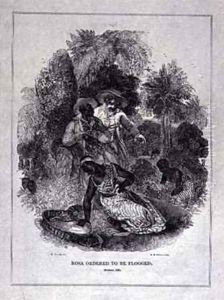Harvey, William Paintings
William Harvey was an English physician who made seminal contributions to the field of medicine, particularly in the understanding of the circulatory system. He was born in Folkestone, Kent, England on April 1, 1578, into a well-to-do family. Harvey attended The King's School in Canterbury and later went on to study at Gonville and Caius College, Cambridge. After earning his bachelor's degree, he traveled to the University of Padua, one of the leading medical schools in Europe at the time, where he studied under the prominent anatomist Hieronymus Fabricius. Harvey graduated from Padua with a Doctor of Medicine degree in 1602.
After his education, Harvey returned to England and quickly established himself as a physician. In 1604, he was admitted to the College of Physicians in London and married Elizabeth Browne, daughter of the physician to Queen Elizabeth I. He became a fellow of the college and eventually served as its president. Harvey was also appointed as a physician to St Bartholomew's Hospital and later became the personal physician to King James I and to his son, King Charles I.
Harvey's most significant contribution to medicine was his research on the motion of the heart and blood in animals, which he published in his book 'Exercitatio Anatomica de Motu Cordis et Sanguinis in Animalibus' ('An Anatomical Exercise on the Motion of the Heart and Blood in Living Beings'), commonly referred to as 'De Motu Cordis', in 1628. In this work, he correctly described the systemic circulation and the role of the heart in pumping blood around the body, effectively laying the foundation for modern cardiology and overturning centuries of medical understanding which was previously based on the teachings of Galen.
Harvey's ideas were met with skepticism and resistance from many of his contemporaries, as they challenged the established medical doctrines of the time. However, his meticulous observations and experiments eventually earned him recognition and his theories became widely accepted. His work had a profound impact on the practice of medicine and on the scientific method, emphasizing the importance of empirical evidence and experimentation.
William Harvey continued his medical practice and research until his death on June 3, 1657. Although he made no other discovery as groundbreaking as the circulation of the blood, he continued to contribute to the medical field, including studies on embryology and other anatomical observations. Harvey's legacy is celebrated in the field of medicine, and he is often referred to as the 'father of modern physiology' for his groundbreaking work on the circulatory system.
